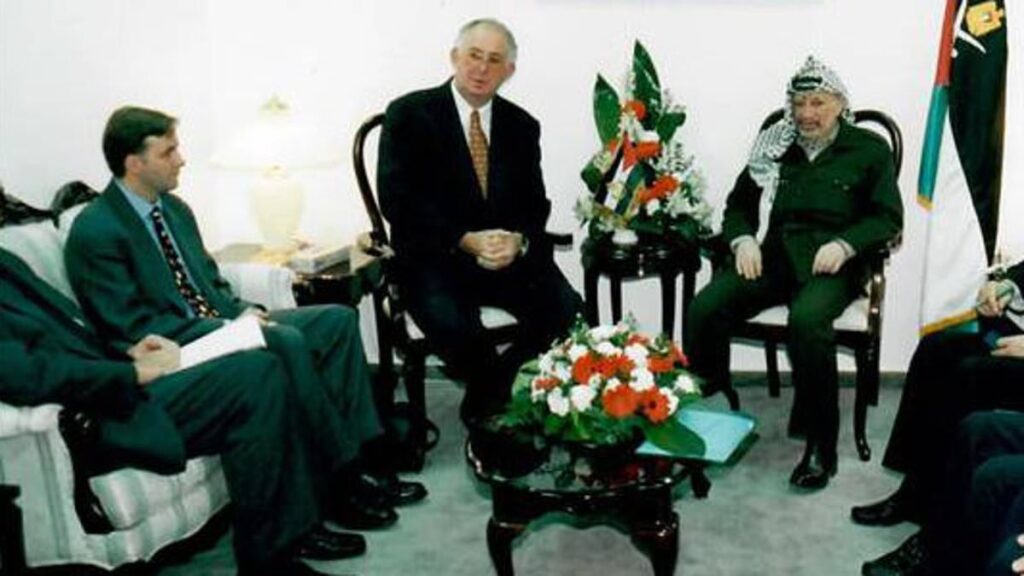
Anthony Albanese, Australia’s current Prime Minister, has undergone a significant transformation from his early days as a vocal pro-Palestine activist to a more measured statesman. Once known for his outspoken criticism of Israel, Albanese’s past actions and rhetoric are resurfacing as he considers a potentially history-making change in foreign policy.
As a young Member of Parliament, Albanese was deeply involved in pro-Palestine activism. He led protests, co-founded the Parliamentary Friends of Palestine, and even visited Gaza camps. In 1998, he met with Yasser Arafat, the then-president of the Palestinian Authority, alongside Liberal MP Joe Hockey. His speeches in Parliament accused Israel of overreacting to Palestinian teenagers with military force, a stance that contrasted sharply with his current diplomatic tone.
The Evolution of Albanese’s Rhetoric
Today, Albanese’s approach is markedly different. He speaks of ‘humanitarian pauses’ and supports a two-state solution, balancing discussions of Israel’s security with Palestinian aspirations. This shift in rhetoric was deliberate, as by 2011, he criticized boycotts of Israel as counterproductive. His public statements softened as he climbed the ranks of the Labor Party, though colleagues note that his private views remain passionate.
However, Albanese’s past activism has not escaped criticism. His early focus on the Israel-Palestine conflict was seen as ideologically selective, with less attention paid to other global human rights issues such as China’s treatment of Uyghurs or Syria’s war crimes. This selective focus aligned with the values of Labor’s progressive base, raising questions about the intersection of moral conviction and political strategy.
Impact on Current Foreign Policy
Albanese’s past continues to influence perceptions today, particularly within the Jewish-Australian community, where memories of his earlier rhetoric linger. As Prime Minister, he faces the challenge of reconciling his activist instincts with pragmatic leadership. The potential recognition of Palestine is a contentious issue, with Western nations like France already recognizing Palestine and others like the UK and Canada preparing to do so.
Labor’s party platform endorses recognition, and Treasurer Jim Chalmers has indicated that it is a matter of ‘when, not if.’ However, Albanese has framed recognition as conditional, contingent on the release of hostages held by Hamas. The Trump administration’s stance is clear: recognition should follow the release of all hostages to avoid rewarding Hamas and complicating Middle Eastern diplomacy.
Domestic and International Implications
Domestically, Albanese has made gestures to reassure the Jewish community, such as increasing security funding for Jewish schools. Yet, recognizing Palestine before the hostages are freed could be politically risky. While Islamic and progressive communities might view it as overdue leadership, Jewish-Australians could see it as premature, and the Opposition would likely seize the opportunity to challenge the decision.
The question remains: will Albanese’s past as a political combatant or his current role as a pragmatic leader prevail? His history of demanding justice for Palestinians is now tempered by the diplomatic complexities of his office. As he navigates these challenges, the outcome will shape not only his legacy but also Australia’s foreign policy stance on one of the world’s most enduring conflicts.







